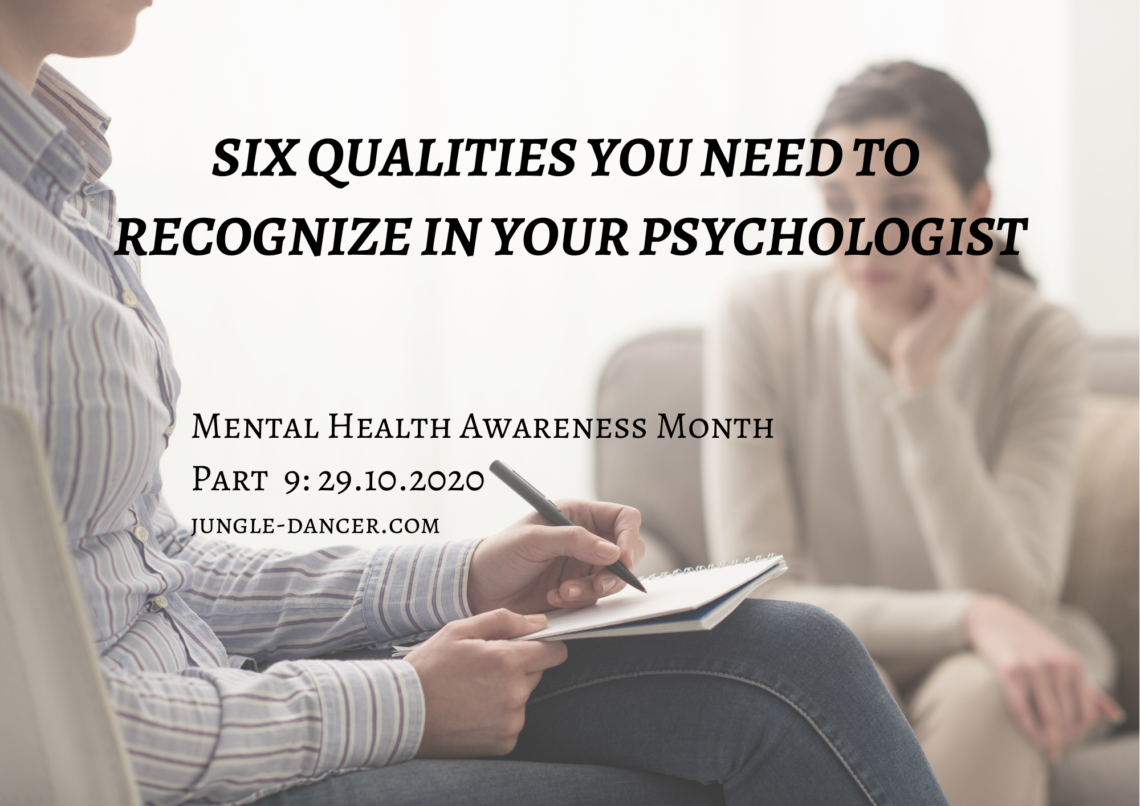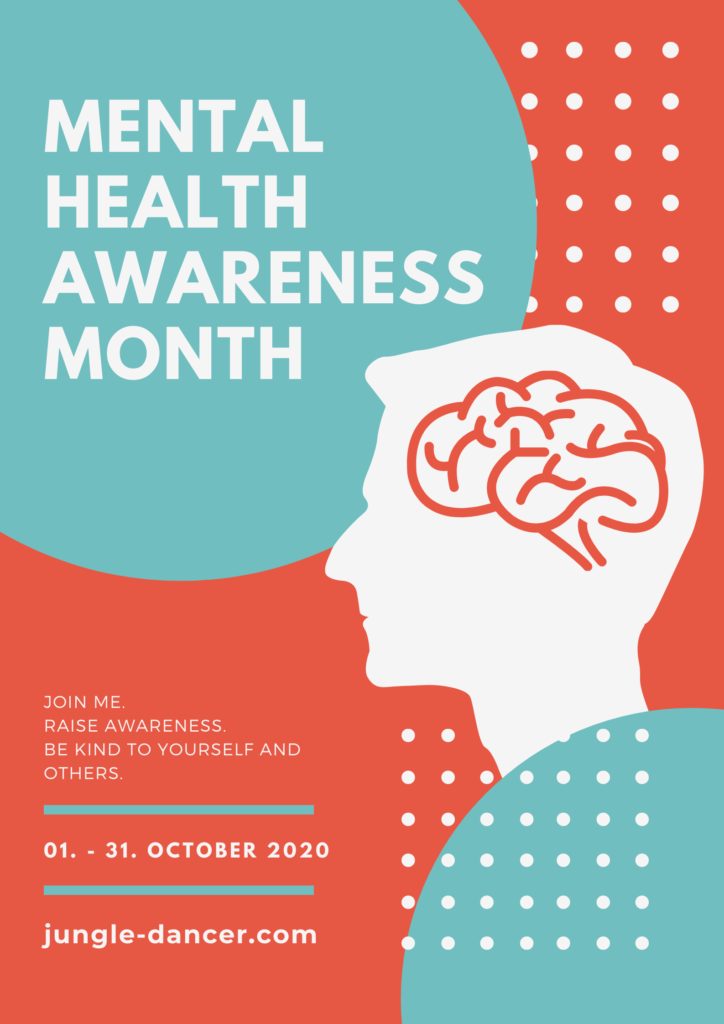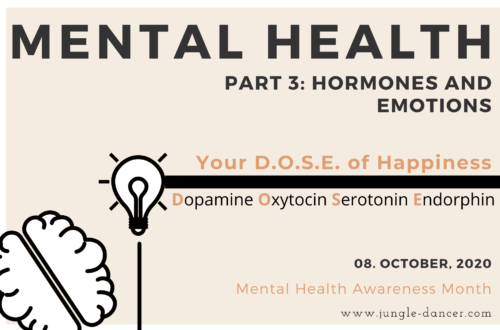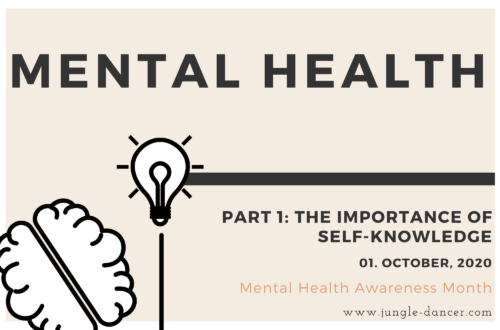
What makes a good psychologist: an analysis of a reader’s experience
The ideas of what makes a good psychologist will greatly vary in every person’s eyes who ever reached out for professional help. Yet, there are certain characteristics, regardless of age, gender, or nationality, that each one of us would like to recognize in the person with whom we expect to share our deepest regrets, fears, and struggles.
I have already talked in length of the importance of a support system. Sometimes, however, the support you get from friends and family might not be sufficient; yet, many people refuse do seek professional help due to taboos and stereotypes. One of the most wide-spread stereotypes is that one should visit a psychologist only if they are having a mental illness. The truth is, anyone who has doubts in their life, struggles in any way, or wishes to dig somewhere around the depth of their character, can consider visiting a psychologist. There is nothing embarrassing about this.
What can be truly unfortunate though, is when we reach out for professional help and do not receive the support and kindness we need. Such is the story of one of my readers who decided to stay anonymous, but nevertheless wanted to share with us how a truly bad therapist looks like. By sharing her story (in italic letter) and providing some analysis to some of the experiences she had, I would like to help anyone who considers visiting a professional, but is not quite sure what makes a good psychologist; or, even when and where to seek for one.
Step 1: Acknowledges the problem
I was a teenager when a much older man (around 40 years old) started to stalk me. He consistently tried to manipulate me. Even though I did not agree on seeing him, I was afraid. I was at a critical age and soon all of this started to have an extremely negative influence on me, especially on my sleep. I soon started to have nightmares and I felt like my mental health is going down the drain. My parents and I decided I need help, so I started to see a psychiatrist.
My friend did not struggle with mental illness. She was simply too young and too traumatized. It was great that her parents gave her the support, but it is questionable whether she needed a psychiatrist.
- Psychiatrists are medical doctors who diagnose illnesses. They are the only ones who can prescribe medication and manage the dosage of the prescribed therapy.
- Psychologists are not medical doctors and cannot prescribe therapy. They can, however, refer you to a psychiatrist. Psychologists focus on providing insight into the problems, usually via talk, visualization techniques, and insightful questions.
If you are not certain where you want to go, maybe starting with a psychologist is a better idea. The fist step is always acknowledging and defining the problem – both from your and the therapist’s side. Understanding the problem is half the solution.
Step 2: Patience, empathy and excellent verbal expressiveness
Going to a psychologist was a mistake. She rushed into giving me therapy that was simply too strong for my weight. I felt constantly tired and lethargic; but, when I tried to tell my psychiatrist about this, she accused me of exaggerating and making things up.
The whole situation, however, escalated when she diagnosed me with a gender identity disorder because at the time I liked to dress up in a baggy clothes and wanted to avoid boys at any cost. Furthermore, she informed my parents that this is all a phase and that it will pass only if I am disciplined in taking my therapy.
There are so many wrongs with this part! For one, my friend encountered a professional who literally did not care at all what she was going through. This was a doctor who saw medication as the “magic solution” to all problems. She was not open for feedback (accused my friend of lying) and was too stubborn and too proud to adjust. Not to mention the rushed diagnose and lying to the parents.
A good mental-health professional takes the time to understand where you stand. You probably will need to spend quite some time telling your story before they provide some feedback for you. However, this does not mean that they need to stay quiet. Instead, they should encourage you, make you feel safe and appreciated, and above all – understood.
They can do this not only by asking you more questions, but also formulating their opinions and explanations of your symptoms in a language that makes sense to you. Simply put, a good psychologist shows you their warmth, care, and empathy for you through their words.
Step 3: Trust
I continued to take the pills as she told me to, but my situation continued to only worsen. I was chronically sleep-deprived; my focus was terrible and I kept on forgetting things. The psychiatrist blamed me of lying and making things up only because I was forgetful.
At some point, I decided that my life cannot continue in this way. I asked for her help not because I was depressed, but because I was traumatized. What I needed was understanding and coping mechanisms; not pills. So, I stopped taking the pills! However, I had to lie to her that I am taking the pills, because she was constantly threatening me that she will hospitalize me if I stopped.
It is true that both psychologists and psychiatrists are legally-bonded at confidentiality, but knowing this does not makes us automatically trust them. Do you feel like you can be 100% honest with this person, without the fear that they will betray you? Or, do you start lying to this person? Well, then you are just wasting your time and probably money and you are better off with someone else.
Step 4: Always an ally, never an enemy
This is exactly what I have asked my friend when she was sharing her story. Why didn’t you change the therapist? – I said. You know, stopping therapy abruptly is not something that one should do! She said:
I was a minor and I thought no one would believe me if I told them what was happening with this doctor. She convinced me she would hospitalize me if I made any problems. Additionally, she told me that her diagnosis of gender identity disorder will follow me for the rest of my life. Honestly, I just wanted to get out of there and lying about it all seemed like the best idea. I just wanted to stop meeting her.
My friend never felt like this psychologist was on her side. She felt like she was fighting another enemy, on top of all the struggle she had going on for her already. No one really needs that. Talking to a psychologist should make you feel above all – safe. Like you have a non-judgmental ally who is always on your side and that they will help you get through it all, no matter what.
5. Disciplined consistency and hope-inducing confidence
One of the most challenging points about being a psychologist is that there are many possible solutions to one problem. It is up to the mental-health specialist to decide which route they would take. To put it more simply, one patient can meet a few psychologists and they might all have a different approach. However, what truly matters is whether the psychologist is consistent in following their chosen approach and whether you sense a certain sense of confidence in it that gives you hope for the future. After all, you are not there to only keep on talking to a no end. At some point, you want to see that the psychologist is providing you means and tools to make progress.
6. Analytical thinking and flexibility
Above all, what makes a good psychologist is their ability to connect the dots. They need to be able to find loopholes in your explanations and to point them out to you. You have asked for their help because you need someone who can reach those mind corners that you cannot reach on your own. This means that the good psychologist is a fast, but detail-oriented, thinker who does not rush to conclusions just because s/he “feels” that their hypothesis is true. They set their healing approach based on the evidence that you have provided; but, they are also open for adjusting their diagnosis or opinions as new circumstances arise. Additionally, they should be able to adjust quickly to your new needs and situations as you make progress. Through their consistency, curiosity, and creativity, they should make you feel like they are in a synchronized emotional and mental pace with you – not step behind, not step ahead.
Food for thought and feedback
What makes a good psychologist in your opinion?
As the end of October – the Mental Health Awareness Month – is nearing, I would like to hear your opinion, not only about this, but also some of my other posts. Did you have any favorites? Do you feel like any of them were meaningful for you? Did you recommend some of my posts to your friends and family?
Is there anything that you would have liked to read?
There is one more post coming up, so stay tuned!






